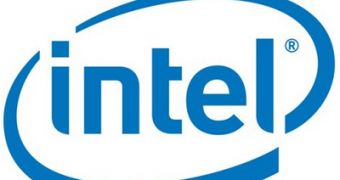It seems that Intel may have something quite unexpected, and possibly problematic, in store for the unsuspecting consumer base. No doubt all end-users have at least heard of the upcoming Sandy bridge CPUs with integrated graphics and the 6 Series of chipsets meant for them. Apparently, the Santa Clara-based company is considering dropping support for a certain functionality that has existed for about 20 years.
The functionality that, according to rumors, will cease to show up on Intel platforms is the Conventional PCI slot. At least, this is what HotHardware claims to have uncovered. The main reason behind this is the supposed fact that many of today's newest products are capable of using up the entire PCI bandwidth, maxed out at 133MB/s, all on their own. This includes even certain mechanical hard disk drives. Basically, the interface can't keep up with the times.
On the other hand, PCI is what many people have become used to, which is exactly the reason why most add-in cards are still designed to be compatible with it. In fact, even if Intel does decide to drop support, third-party manufacturers are guaranteed to keep providing bridge chips. As such, end-users need not be too concerned about suddenly having no use for their various accessories. Still, such a development will at least act as a pretext for manufacturers to move on to a new technology.
Not all news is bad, of course. For one, at present, some motherboard makers still put in a few extra USB 2.0, SATA or Ethernet ports at the expense of PCI. This leads to latency. By no longer having this possibility, overall performance of external devices may actually rise to the point where it matches that of their internal counterparts. This, of course, definitely won't happen overnight, but it may be worth the aggravation of consumers who still rely on PCI.

 14 DAY TRIAL //
14 DAY TRIAL //